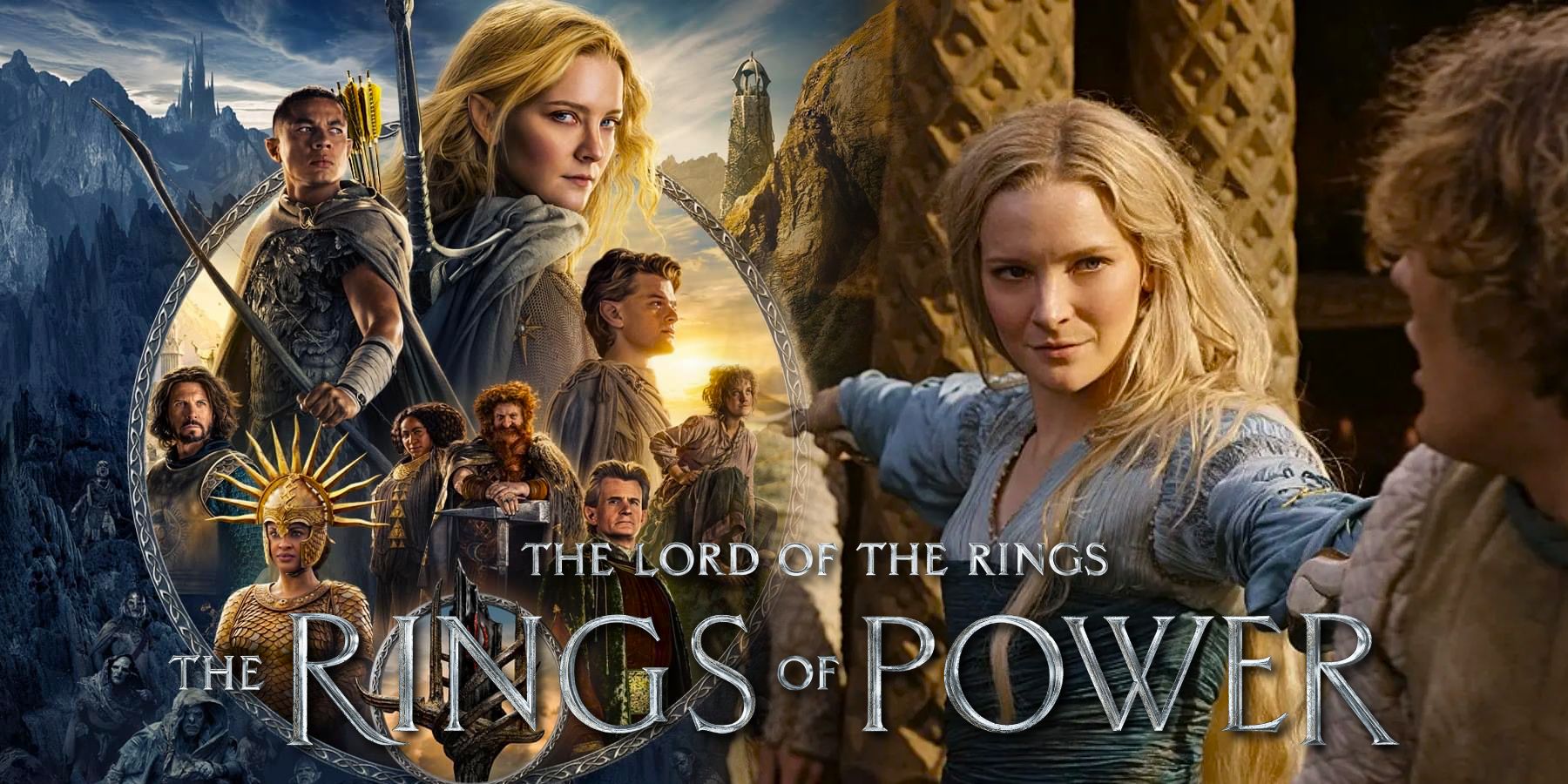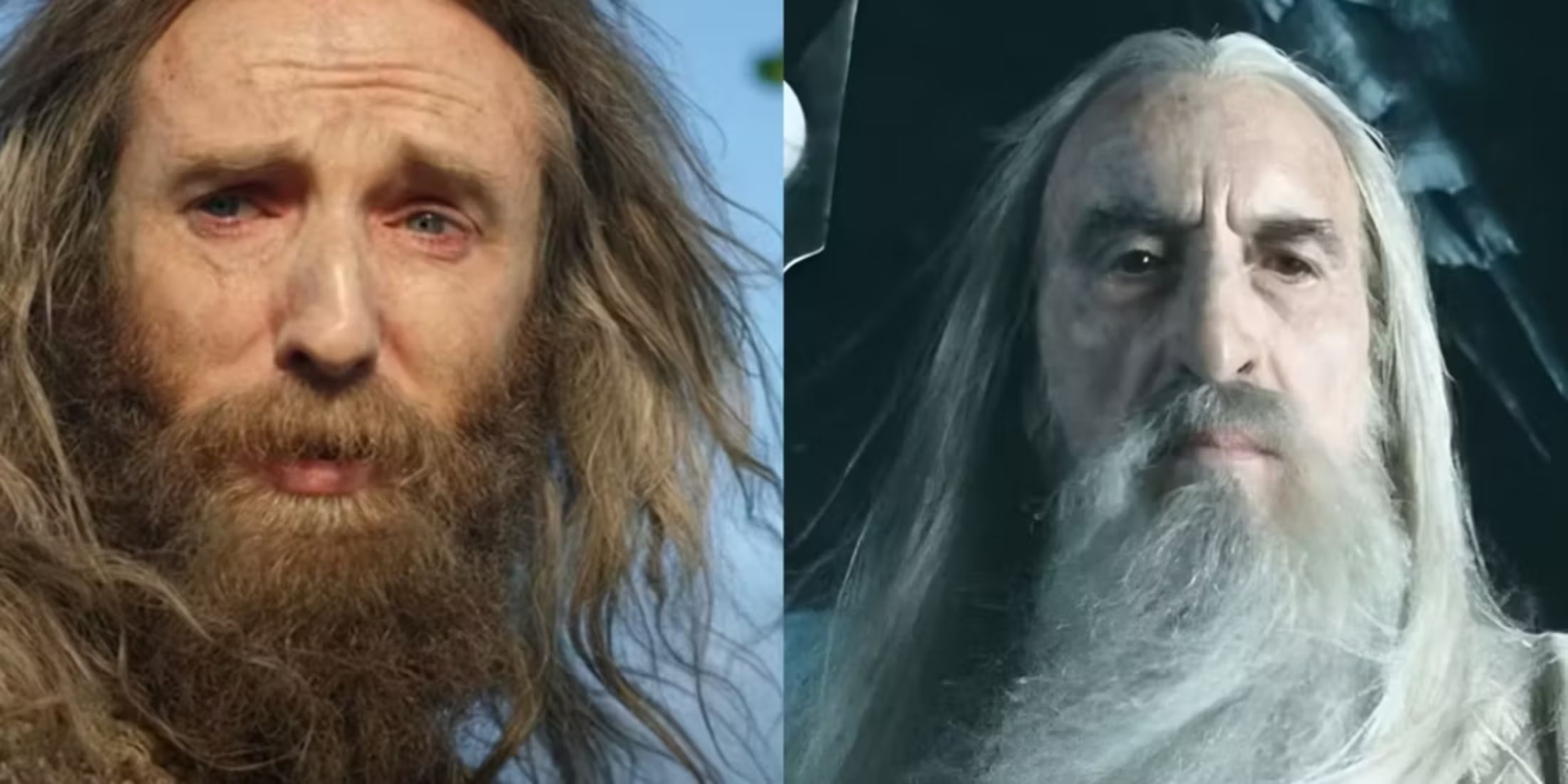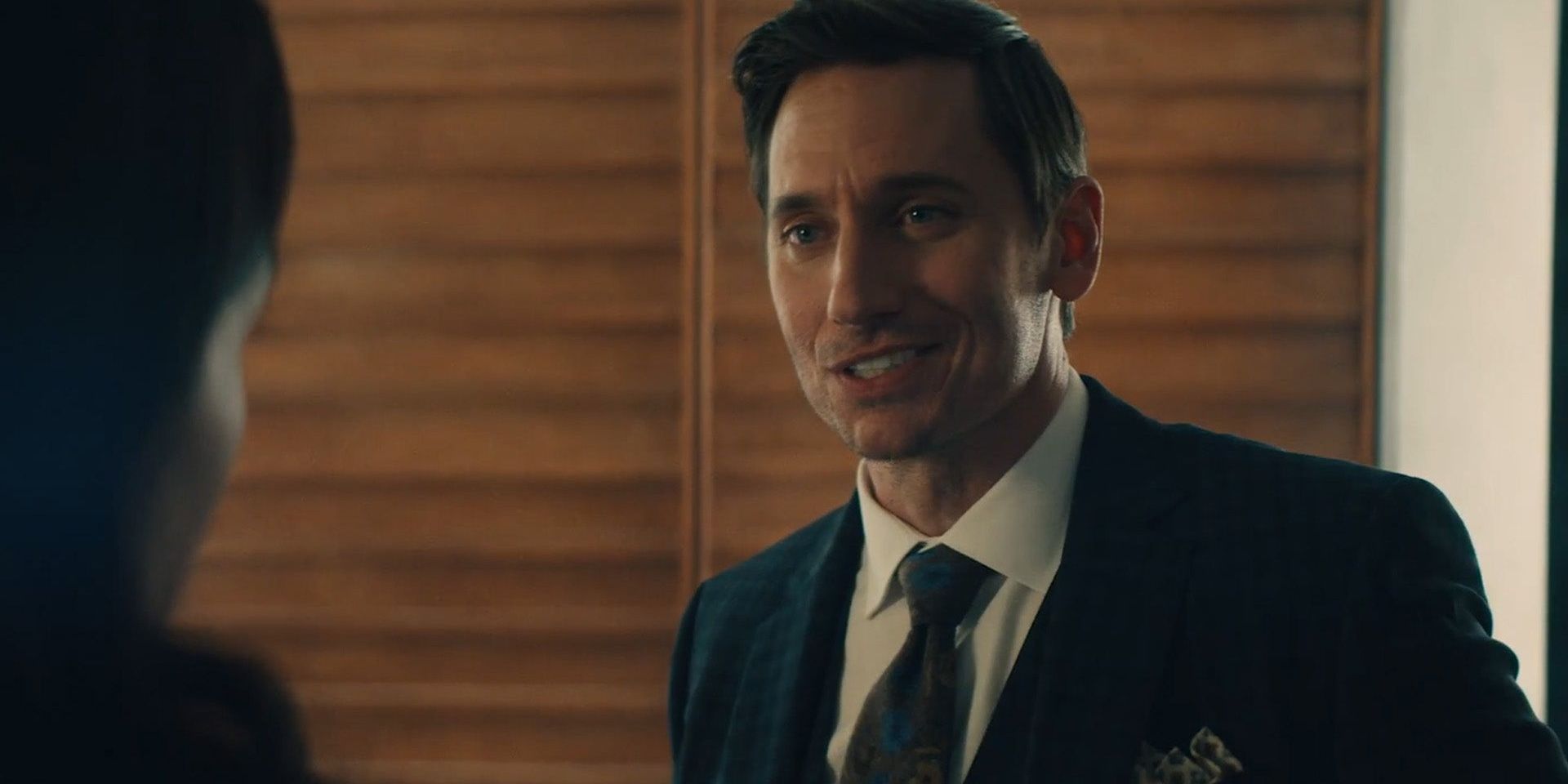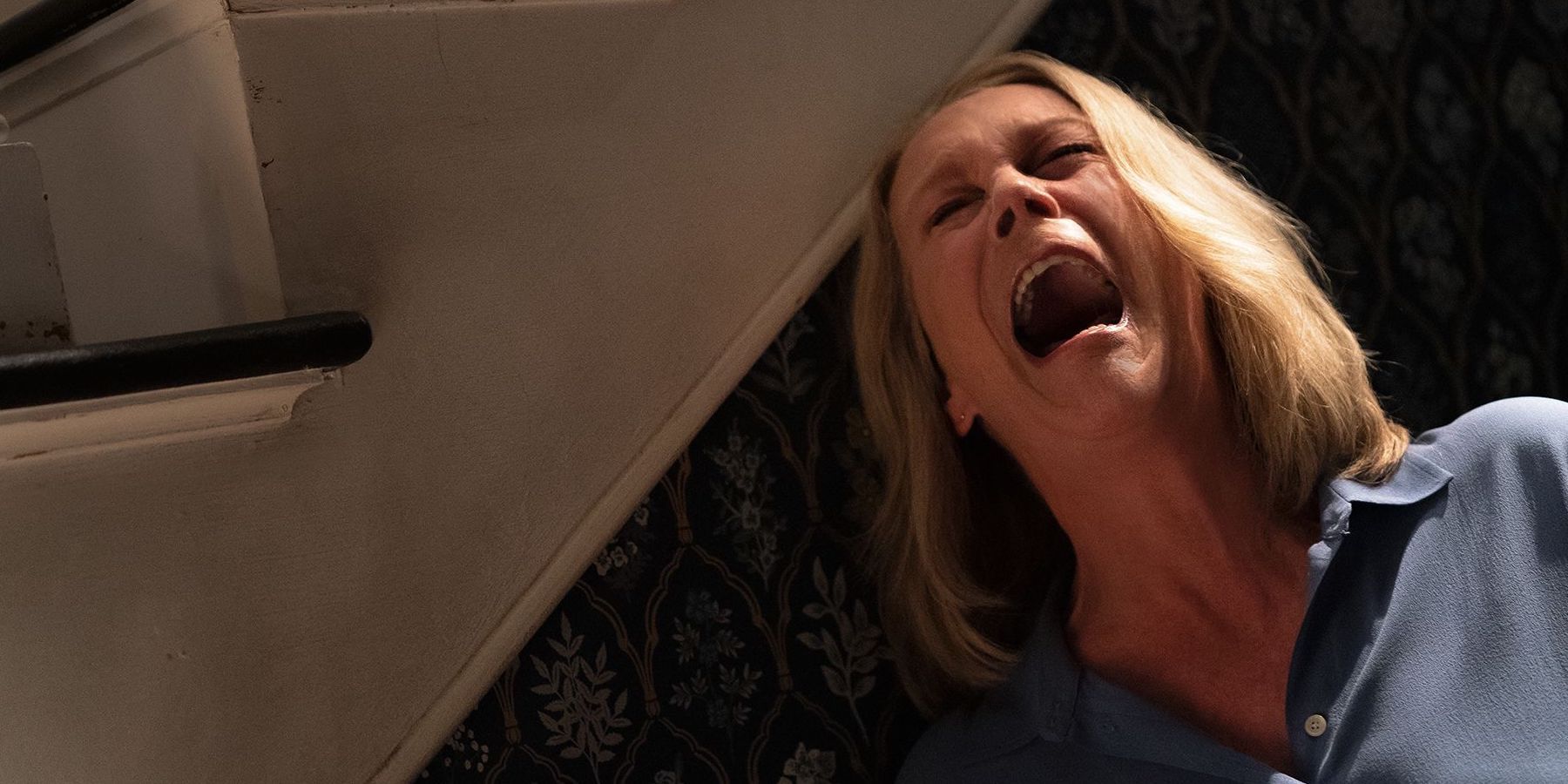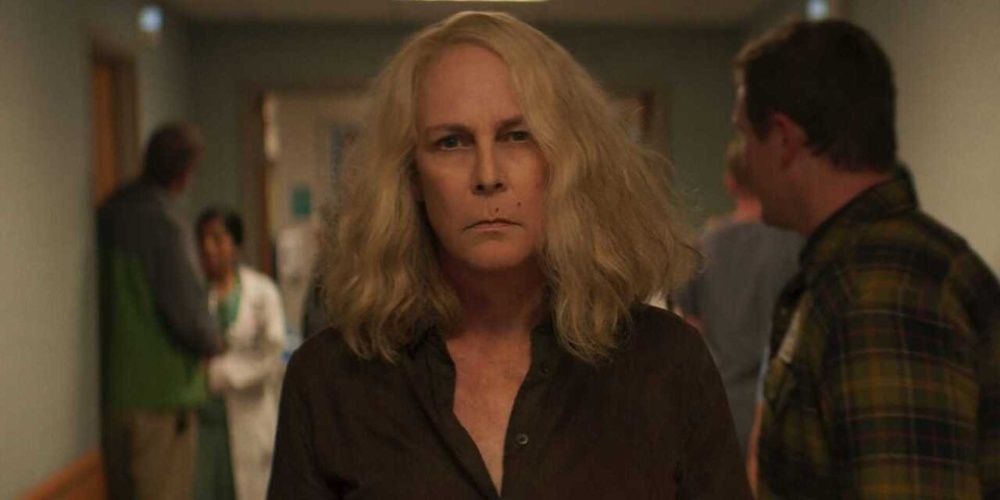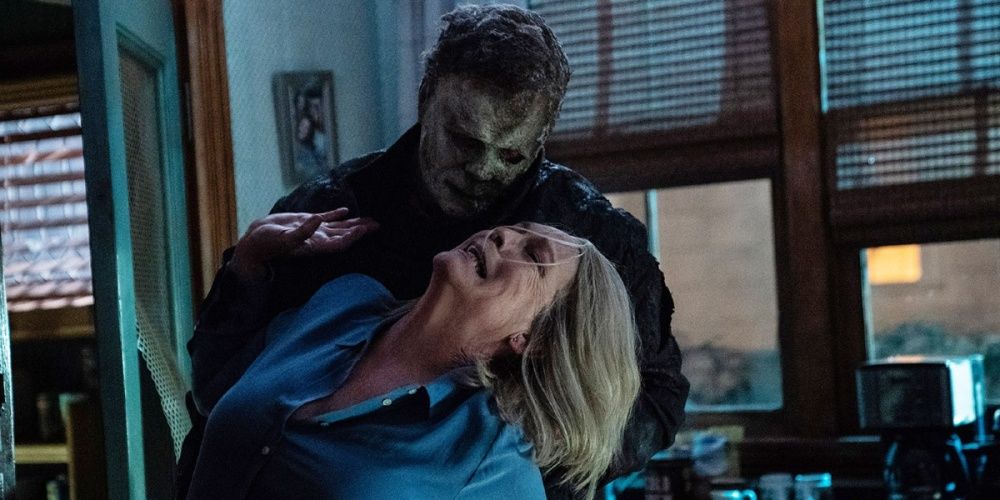The slasher subgenre of horror cinema has a more substantial history in parody than it does in anything particularly scary. Knife-wielding maniacs in ill-fitting masks are a punchline more often than they are an object of nightmares. However, the Halloween franchise has kept itself alive despite trying a different approach from many of its competitors.
With the release of Halloween Ends, yet another attempt at rebooting the tale of Michael Myers comes to a close with questionable success. Some enjoyed the conclusion to David Gordon Green's trilogy, with some fans considering it a return to form for the franchise, but the consensus doesn't seem to be in their favor.
When a new creator takes over a beloved franchise, there's almost always a lot of hay made about "respecting" the legacy of the source material. Of all the things one could say about Green's time with Michael Myers, no one could reasonably accuse him of lacking respect. The 2018 reboot served as a sequel to the original film while bringing franchise star Jamie Lynn Curtis back yet again. I was considered excellent by fans and newcomers alike, breathing new life into a franchise that had suffered numerous painful deaths. Though Halloween (2018) gave the audience a positive impression of the cast and crew, the sequel immediately squandered its success and set the tone for a disappointing payoff.
Halloween Ends is far from the laughingstock that Halloween Kills became. It's a bizarre inversion of the classic trilogy structure. The first film nailed it, the second overstayed its welcome, and the third managed to drag the franchise back to some semblance of mediocrity. There's no end to the list of places the first film went right, and the second film went wrong. The third film wasn't quite the object of mockery of its predecessor, but that led many fans to suggest that by being a bit more competent, it's less fun. What it does, however, is cement and complete the narrative arc of the trilogy. The Green Halloween films are, like an interesting number of horror movies today, about trauma. They centralize the experience of the final girl from the first film and explore how that experience affected the rest of her life. The impact is felt through generations and, in many ways, the killer himself is a walking avatar of psychological wounds. This aspect of the meta-narrative, examining how a history of slashers has affected the generational final girls might just be a bit too heady for the genre that also brought the world Jason X.
Movies, by and large, should be about something. Slashers are generally a suburban horror genre, exploring the scary aspects of the average life in the United States. Old archetypal scary stories explored areas that the average person wouldn't get to see much of, like the forest, the depths of the ocean, or the sprawling caves. The slasher simply moves danger into an area many people (read, middle-class white people) consider safe. The central elements of a masked killer, some small-minded teens for victims, and a barely-present justification for blood and gore is the perfectly functional formula. The original Halloween is leaps and bounds smarter than a Friday the 13th or its thousand ripoffs, but it's still essentially a film about a primordial evil assaulting the suburban white flight ideal. The narrative subtext about sex and gender is as key as it is in every other film with a final girl, but the franchise carries on with its simple suburban horror.
Modern horror films need to feel more substantial than the classics that still make up their DNA. The original 1978 film had a lot to say, but it never felt like it was being too stoic. The word as scary as The Shape himself is pretentious. Carpenter's Halloween actually had things to say. Whether the message was entirely accurate, the film was made for a reason. Green's answer held up in his 2018 reboot but by Halloween Kills, the characters talk non-stop about evil and legacy, without anything worthwhile to say. The sequel finds itself repeating catchphrases, rather than making points. The original film proved that slasher movies can mean something. The sequels proved that any main point can be ground down to the point of meaninglessness. The reboots, however, proved that even someone who gets the central narrative can then turn the film into a pretentious cynical mess.
The slasher genre doesn't have to be a joke at its own expense, but it's all too easy to slip into that mode on accident. Handling intelligent themes and meaningful subtext can turn pointless bloodshed into powerful horror, but doing so poorly will result in self-parody. Halloween Ends lives in a gray area, to be laughed at by some and enjoyed unironically by others. Slasher cinema can enjoy a world of comedy alongside its horror, whether it wants to or not.

